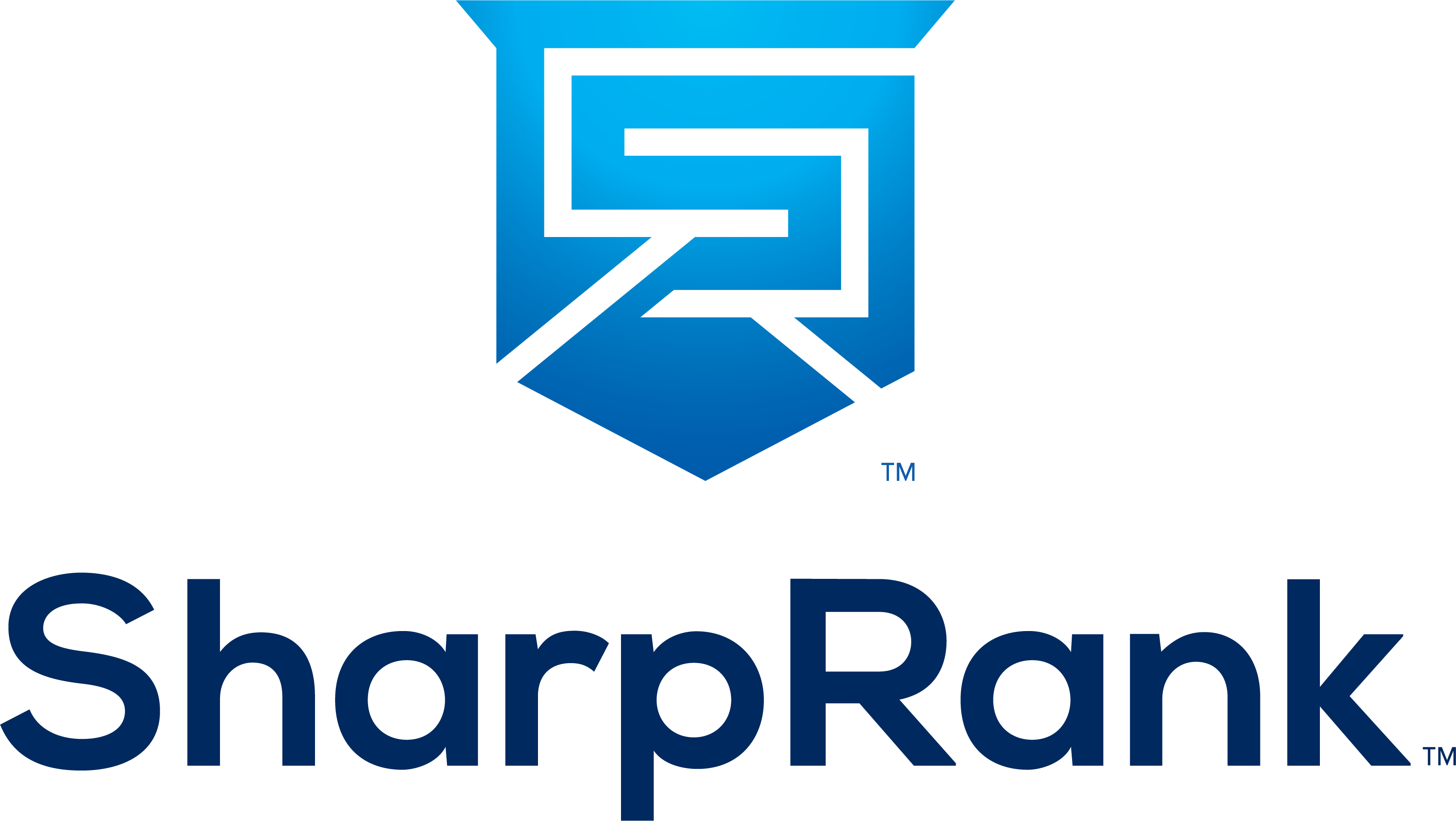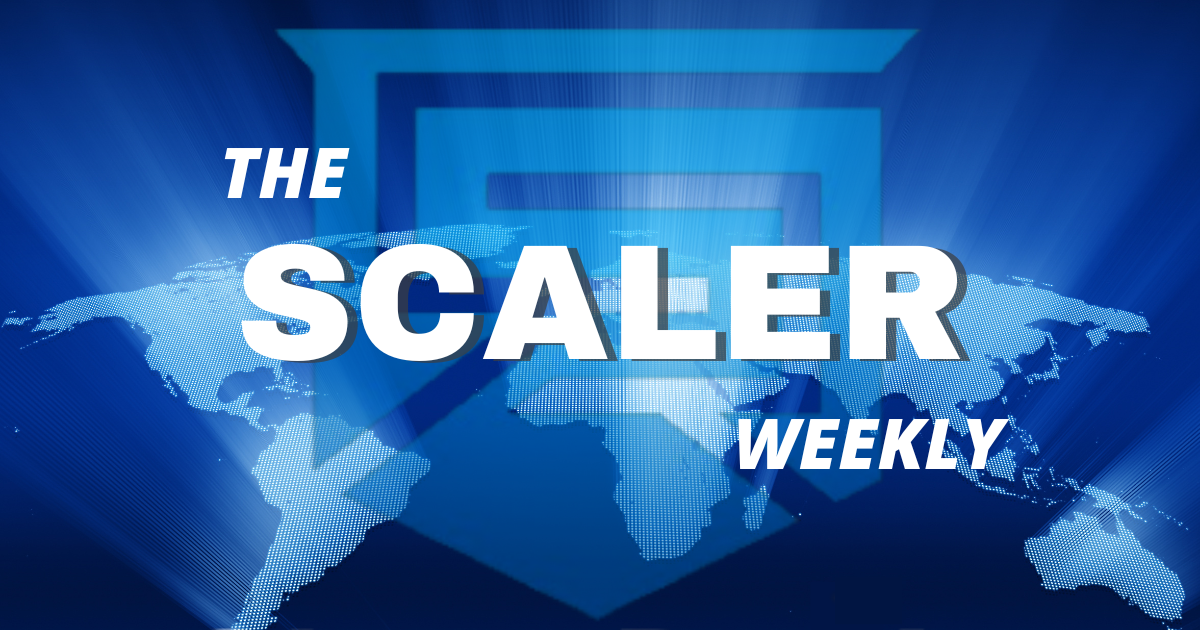SharpRank’s weekly updates on Compliance, Audit, Legislation, Ethics, & Regulation within the Sports Betting Industry.
Topics 6/4/25:
- Canadian Senator Renews Push for National Sports Betting Ad Rules
- California Gov. Candidate Bets on Himself via Kalshi
- Regulatory Battle Over Kalshi Could Reshape U.S. Sports Betting
- Indiana Drops Licensing Requirement for Sports Betting Vendors
- New Jersey Bill Targets Sweepstakes Gambling Loopholes
- Connecticut Senate Passes Bill to Ban Sweepstakes Casinos
- Brazil Betting Industry in Uproar as Senate Imposes Ad Restrictions
Canadian Senator Renews Push for National Sports Betting Ad Rules
Senator Marty Deacon has reintroduced Bill S-211 to create federal advertising standards for sports betting across Canada. The bill—similar to a previous version that passed the Senate but stalled in the House—aims to set limits on ad volume, scope, and celebrity endorsements while coordinating with provinces, Indigenous communities, and other stakeholders. Critics argue that national regulation might impede the efforts of already regulated provincial markets.
California Gov. Candidate Bets on Himself via Kalshi
In a rare self-betting move, Republican gubernatorial candidate Kyle Langford publicly purchased $98.76 worth of prediction market contracts on Kalshi, betting on his own election outcome. If successful, he stands to collect a $405 payout. Although Langford is trailing more experienced Democratic opponents, his move—highlighted by Kalshi’s national operations—sparks fresh debate on ethics and transparency in political prediction markets.
Regulatory Battle Over Kalshi Could Reshape U.S. Sports Betting
Kalshi, a federally regulated prediction market, is defying state cease-and-desist orders by continuing to offer sports event contracts nationwide. The company insists that its platform is a financial exchange under CFTC oversight, not a traditional sportsbook. Legal victories in Nevada and New Jersey have bolstered its position, even as leagues such as the NFL and NBA voice concerns over market integrity. The outcome of this battle may redefine regulatory frameworks for sports wagering in America.
Indiana Drops Licensing Requirement for Sports Betting Vendors
Following an executive order by Governor Mike Braun, the Indiana Gaming Commission has eliminated the licensing requirement for companies that provide goods and services (like payment processors and marketing firms) to the sports betting sector. This regulatory change, effective July 1, removes annual fees averaging over $60,000 and aims to reduce administrative burdens while still upholding consumer protections under other regulatory frameworks.
New Jersey Bill Targets Sweepstakes Gambling Loopholes
Senate Bill 4282, approved by a New Jersey Senate committee, seeks to impose stiffer penalties on illegal sweepstakes gambling operations by increasing fines and empowering regulators. Sponsored by Sen. John Burzichelli and Sen. John McKeon, the bill targets operators exploiting legal loopholes—especially those attracting youth—by enforcing stricter consumer protection measures and closing gaps in New Jersey’s regulated gaming framework.
Connecticut Senate Passes Bill to Ban Sweepstakes Casinos
The Connecticut Senate passed SB 1235 to ban the operation and promotion of sweepstakes or simulated gambling devices that offer real-money prizes, while simultaneously paving the way for expanded regulatory frameworks. The bill, which also introduces stronger advertising rules and penalties for illegal activities, aims to protect the integrity of the state’s licensed online casinos and create a more competitive market through multi-state compacts.
Brazil Betting Industry in Uproar as Senate Imposes Ad Restrictions
The Brazil Senate approved Bill 2,985/2023, which imposes sweeping restrictions on gambling ads—including banning celebrity endorsements and limiting ad placements during specific time slots. While amendments softened the original proposal to allow limited sponsorship, industry players warn that these measures could divert bettors to unregulated platforms and inflict economic harm on sports teams and media outlets. Critics point to international examples where similar bans failed to reduce gambling harm while undermining legitimate market operations.
Click here to read our latest blog post: Efficient Market Hypothesis in Sports Betting

